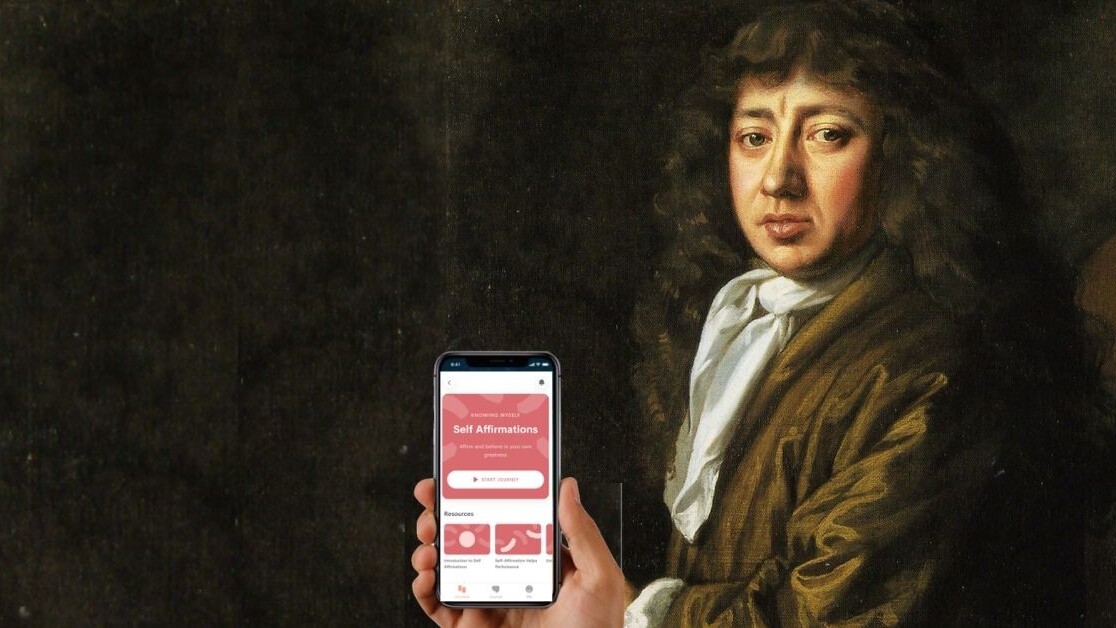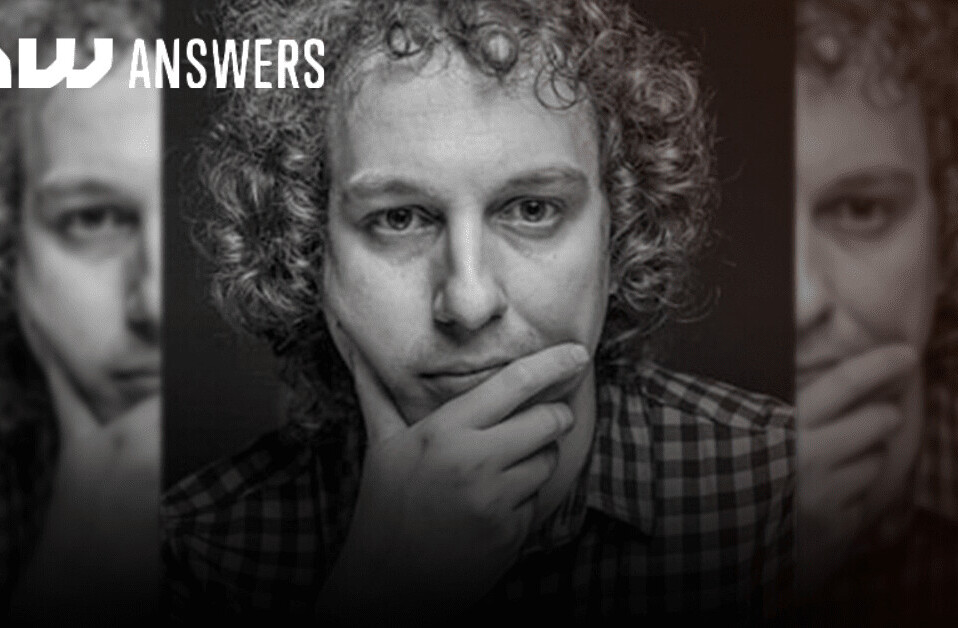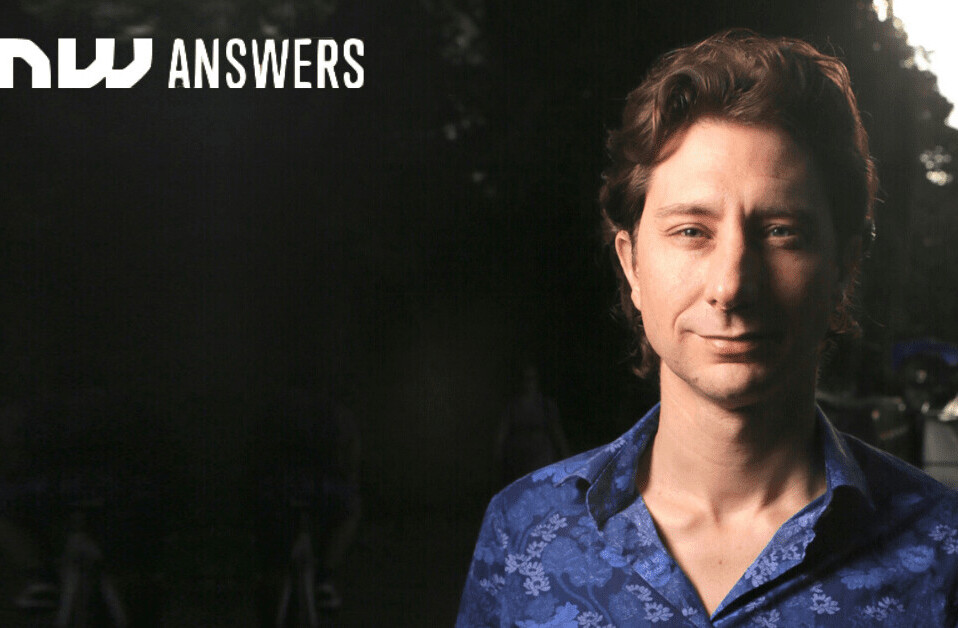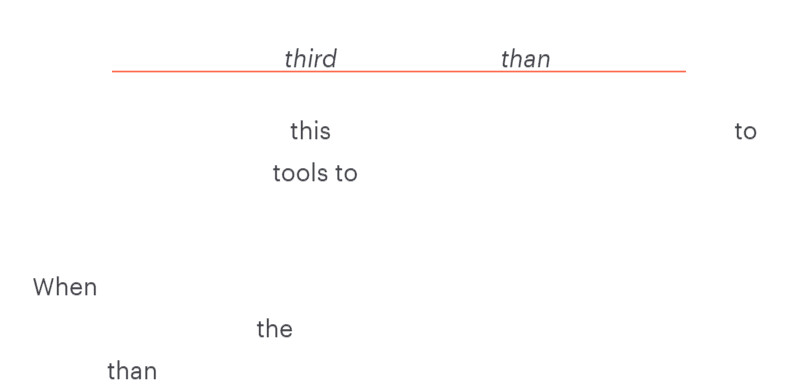
Mental health problems are one of the leading causes of disease burden worldwide, and major depression is the second leading cause of disability globally, according to MentalHealth.org.uk. When it comes to quality of life, we’ve never had it better — yet so many of us still feel anxious, depressed, and burnt out.
Enter Jour, a journaling app that seeks to guide users through self-therapy. Through building a daily writing habit, Jour helps users with acceptance and empowerment through mindfulness.
We spoke with the app’s co-founder and CEO, Maxime Germain — and tried it out for ourselves.
Jour and mental health
The creators of Jour — which is both the French word for “day” and an abbreviation of “journaling” — didn’t come from a wellness or psychology background, but an entrepreneurial one. While one may think this makes them unqualified to create a wellness app, their backgrounds mean they’re acutely aware of how stress, anxiety, and burnout can affect well-being and work, especially when it’s exacerbated by technology.
Germain became an entrepreneur at the age of 19, when he moved from the small city of Le Mans, France, to New York City to start his first company. It was “quite a change,” he told TNW: “Things took off with the business, but I quickly realized that I needed some guidance to manage stress and stay grounded — I didn’t know what it was called at the time but now I know it’s called mental health. I tried meditation, energy healing, yoga, acupuncture, therapy, and finally journaling.”
It was journaling, Germain says, which gave him the best results: “Since then, it’s helped me become not just a better entrepreneur, but a better person. I didn’t talk about it too much because it remained part of my personal life, not my professional one.”
Once Germain realized how common stress and anxiety was globally, the idea for Jour was born: “When you look at the numbers it’s clear there’s a global mental health crisis right now. More people than ever before — nearly one in five — have a diagnosable mental illness. My co-founders and I devoted ourselves to coming up with a way in which we could use our specific skills to have a positive impact on this mental health epidemic.”
As a free app, Jour is far more cost-effective than therapy and has a lower barrier of entry than meditation, which can be difficult to grasp. While it’s not a replacement for more serious forms of intervention, journaling is proven to have psychological and physical benefits, and the Jour team worked with mental health experts to develop its product.
“We landed on the idea of offering guided aides, created with expert input to benefit mental health. And this became Jour,” Germain told us.
So far, the app has organically accrued over 140,000 users since its public launch five months ago. Germain adds: “We’re on track to have millions of users within our first year. But we’ve only scratched the surface of what we can build for people to make their journaling experience as positive and rewarding as possible. We have a lot more in store.”
How does Jour work?
Once downloaded, the user is asked three questions:
- How do I feel right now?
- How did I feel today?
- What feelings do I want to add to my life?

The user can then set a recurring notification for these questions, encouraging the user to have a mindfulness check-in at the same time each day.

These questions act as the outline for the journal entries, which can each be revisited at a later time. You can connect your Jour app to Apple’s Health kit, so that your minutes spent journaling are recorded as “Mindful Minutes.”
Users can also try out “Journeys,” which are guided practices, including beginner tutorials on journaling, explorations of fear, practices on resolving conflict and letting go, and guides on overcoming anxiety as it strikes. Each journey also includes external links to resources and studies that can help add further information.

The idea of putting their deepest thoughts into an app raises privacy concerns for many, just as the fear over someone else “reading their diary” is common.
Jour emphasizes that privacy is a top concern, and ensures that all entries are encrypted: “As they are signing up, all Jour users set both a password and a passphrase, which encrypts journal entries and is stored only locally on the user’s device. The passphrase decrypts entries for the journalers’ eyes only as the entries are returned from our server. This ensures that no one — not even a member of our team — will have access to any of our users’ journals… we can guarantee that we do not now sell any user data, nor do we have any intention to do so in the future,” Germain wrote in reply to a user’s concerns.
The app is simple and beautiful in design, and its notification system is pushy enough to help build a habit, without actually being annoying.
One of TNW’s writers, Cara Curtis, says the app is a great way to keep perspective: “I’ve been using Jour for a few months now to reflect in a couple of sentences of my day-to-day life, even if it is a bit mundane sometimes. Even looking back to May is interesting to see what my worries were and to remember how consuming they were then, because now, they’ve disappeared. It’s a nice reminder that what you are worrying about today probably won’t bother you forever.”
Jour for good
The Jour team is currently working on the next iteration. Germain mentions new features such as “audio guides, smart journaling experiences, and shared journals that you can complete alongside a partner or loved one.”
But, he tells us, Jour is about “something bigger” than just journaling: “We’re looking to make digital technology a positive force in people’s lives.”
You can try Jour out for yourself on iOS here, and it’ll be launching on Android soon. Maxime Germain is also joining us on TNW Answers this Wednesday, July 24. He’ll be taking all your questions on Jour, mental health, journaling, and technology for good. Send them in now!

Get the TNW newsletter
Get the most important tech news in your inbox each week.




